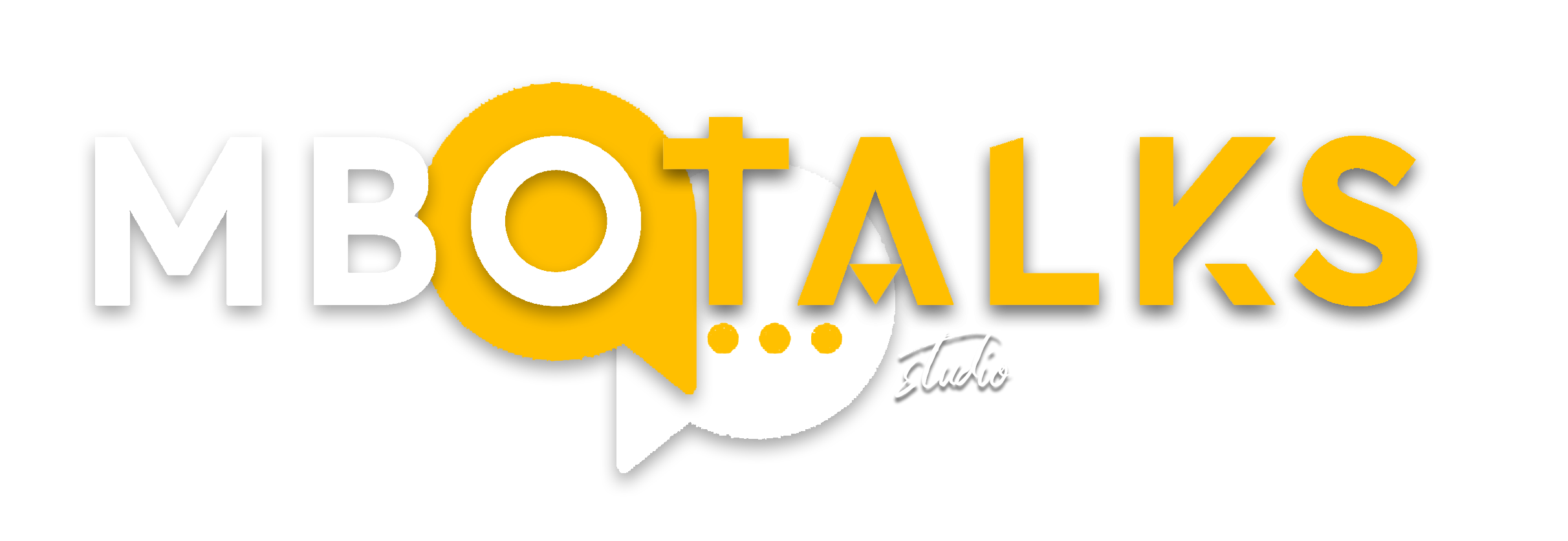How Event Managers Can Deal with the Challenges of Modern Times
- Alessandro Gomes

- Mar 15, 2024
- 3 min read
Event Managers play a crucial role in the organization and execution of successful events. However, they also need to tackle the challenges of modern times, dealing with issues that impact both physical and mental health. In this article, we will explore 21st-century ailments and provide tips on how Event Managers can address these issues and promote a healthy work environment.

Contemporary life has brought forth a series of lifestyle-related and mental health diseases. The day-to-day stress, pressure for results, and constant demand for innovation can lead to serious health problems. Therefore, it is essential for event managers to be aware of the factors contributing to physical and mental imbalance and take measures to address these challenges.
The Depression Epidemic
One of the main diseases of the 21st century is depression, affecting millions of people worldwide. The World Health Organization considers depression the fourth leading cause of disease burden currently. Depression does not discriminate whom or when it affects and can have a significant impact on people's lives, including their ability to work effectively, have healthy relationships, and enjoy a full social life.
Identifying depression is essential to provide adequate support to affected individuals. Simple questions during a medical consultation can help identify signs of depression, such as feelings of sadness, loss of interest in daily activities, lack of energy, low self-esteem, and difficulty concentrating. It is important for event managers to be attentive to these signs in their team and offer proper support and resources to deal with depression.
Burnout Syndrome: When Work Leads to Exhaustion
Another common disease today is Burnout Syndrome. This syndrome occurs when individuals are constantly overloaded with work, with no time for rest and leisure. Overwork and pressure for results can lead to physical and emotional exhaustion, resulting in symptoms such as fatigue, muscle aches, sleep disorders, and mood swings.
To prevent Burnout Syndrome, event managers should promote a healthy balance between work and personal life. Encouraging regular breaks, setting clear work boundaries, and providing resources to cope with stress are essential measures. Additionally, it is important to create an organizational culture that values employee well-being and encourages open communication about work-related issues.
Anxiety: The Evil of the Century
Anxiety is a growing problem today, affecting people of all ages. The fast-paced lifestyle, pressure for results, and constant exposure to digital stimuli contribute to increased anxiety levels. Excessive anxiety can impair concentration, sleep quality, and overall mental health.
To help cope with anxiety, event managers can implement strategies such as mindfulness practice, encourage rest breaks, and promote a calm and welcoming work environment. Additionally, offering psychological support to employees and providing resources to cope with stress can help reduce anxiety levels and promote well-being in the workplace.
Other 21st Century Diseases
In addition to depression, Burnout Syndrome, and anxiety, there are other 21st-century diseases that affect individuals to varying degrees. Chronic stress, for example, can lead to a range of health problems, including heart disease, gastrointestinal disorders, and compromised immune system.
Event managers should be vigilant for signs of these diseases and take preventive measures," says psychologist Michele M. Gomes from Apsivida Integrated Psychology. Promoting a healthy balance between work and personal life, encouraging regular physical exercise, providing resources to cope with stress, and fostering a culture of mutual support are important measures to prevent the onset of these diseases.
In conclusion, we reflect that event managers play a fundamental role in organizing successful events but also face the challenges of modern times. Depression, Burnout Syndrome, anxiety, and other 21st-century diseases can affect both the physical and mental health of individuals. It is essential for event managers to be aware of these problems and take steps to promote a healthy and welcoming work environment.
By encouraging a balance between work and personal life, providing resources to cope with stress, and promoting a culture of mutual support, event managers can help prevent the onset of these diseases and promote the well-being of their team. Taking care of physical and mental health is crucial to ensure long-term success for both individuals and organizations.
Remember that the health and well-being of your team are priorities, and invest time and resources to promote a healthy and welcoming work environment. In dealing with the challenges of modern times, event managers can build healthier, happier, and more productive teams."





Commentaires